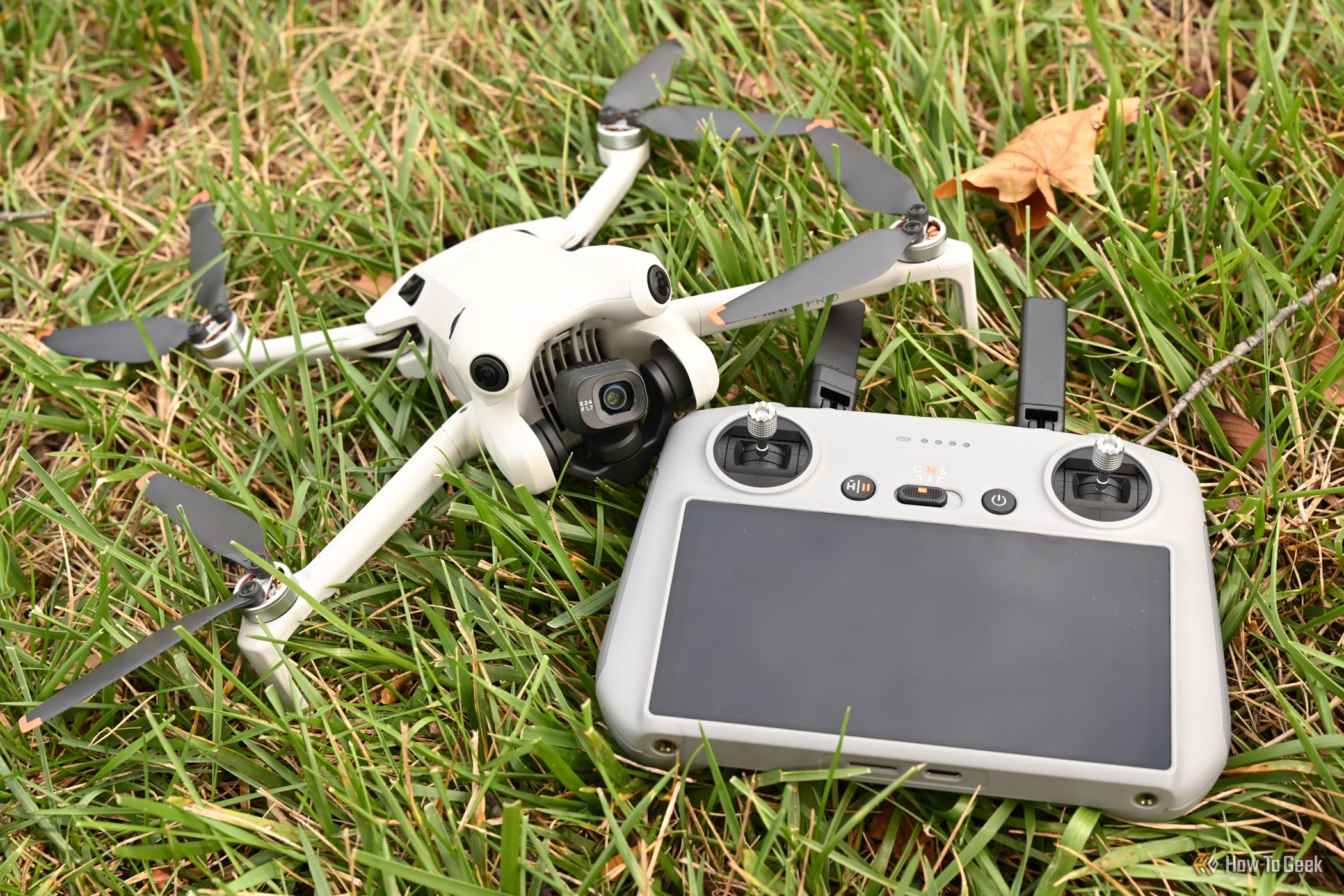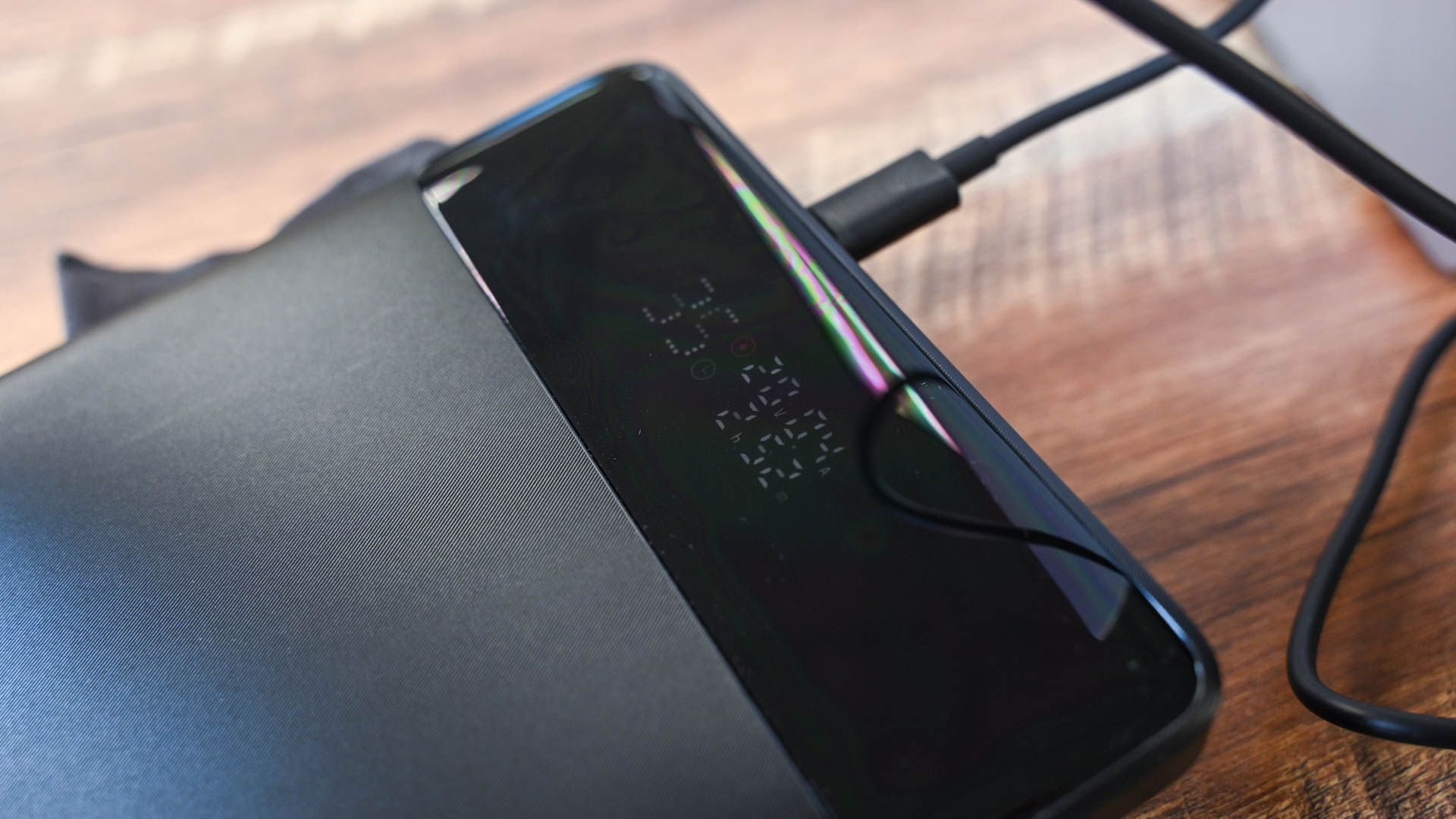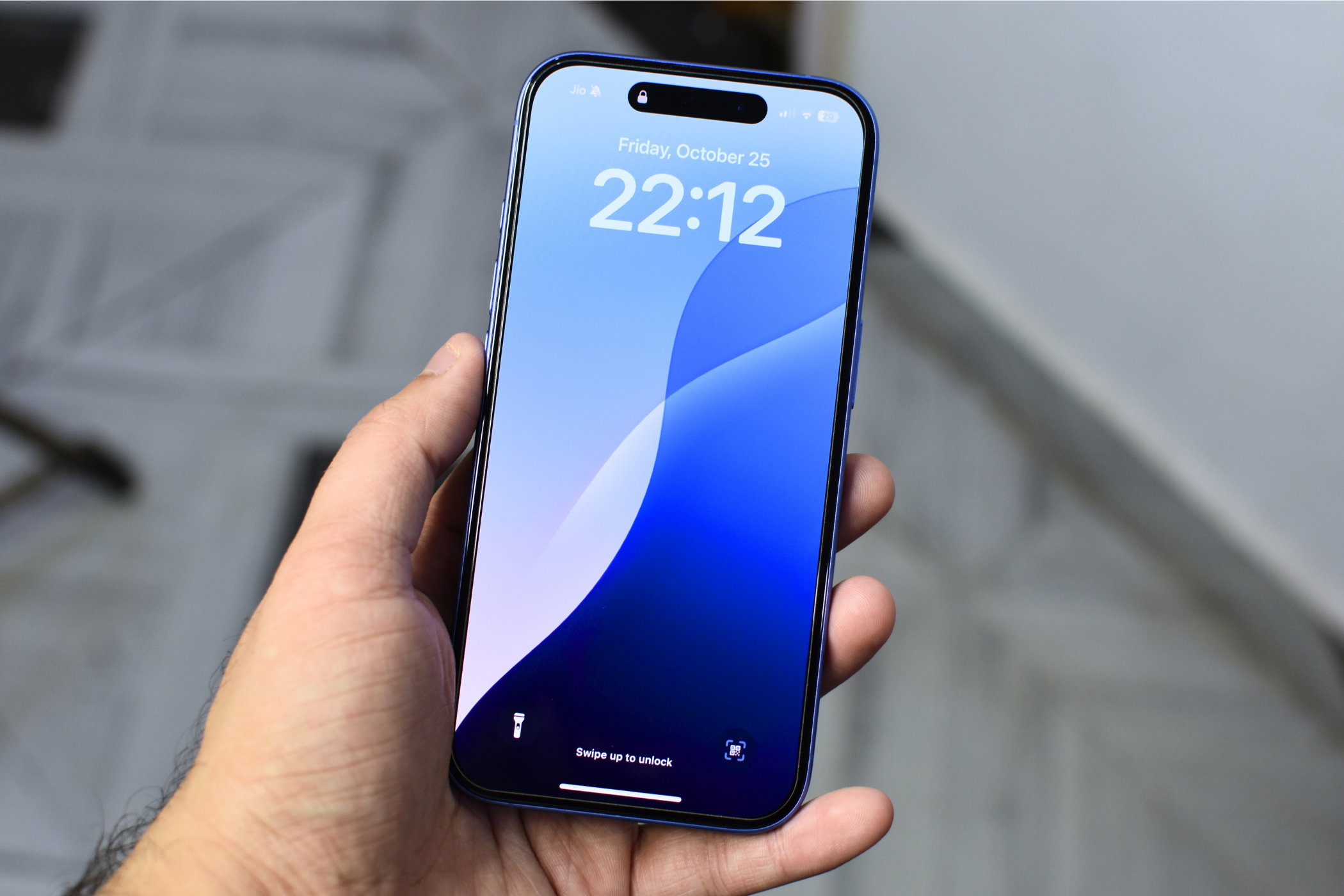If you plan to travel beyond your country’s borders, you should check that all your gadgets are allowed in your destination country.
Laws are different around the world, and devices that are perfectly legal in your home country could end up getting you in trouble elsewhere. I’ve put together a list of gadgets that you should pay special attention to when planning your trip.
Satellite communications, as harmless as they may seem, are restricted, if not outright banned, in some countries such as India, Cuba, Thailand and Vietnam. If you are found in possession of an item on their territory, you could be arrested and forced to pay several thousand in fines and legal fees.
It was the experience of a Canadian trail runner who traveled to India with her Garmin Inreach – a satellite communicator popular among campers and trail runners – and, in doing so, unknowingly violated a law requiring her to obtain a license before owning or using such devices. When the communicator was discovered, she was arrested, her passport seized and she had to spend the next 6 days trying to resolve the problem. She ended up paying a lawyer to take on her case and help her avoid jail (yes, that was a possibility), which, coupled with the fine she was given, cost her more than $2,000.
There are legitimate questions about the merits of laws restricting satellite communications, including their effectiveness, given that many iPhones can now serve as satellite communicators. However, at the end of the day, the law is the law and you must comply with it.
You can avoid a similar experience by checking in advance that your satellite communicator is authorized in the country you are visiting. Garmin has a list of countries where satellite communicators may be regulated that you can use to get started, but it wouldn’t hurt to do some further research.
Laser pointers could cause you to miss your flight
If you’re traveling to give a presentation, you may want to consider leaving your laser pointer behind. Indeed, several countries have restricted or banned certain classes of lasers due to their potential to cause eye damage and interfere with aircraft. If one is found in your possession, you could be detained and fined.
Switzerland is particularly strict in this regard. According to its laws, Class 2 laser pointers (which are typically used in presentations) are banned in the country, and even Class 1 laser pointers are only allowed for indoor use.
If you must bring your laser pointer with you, research which class of lasers are permitted and make sure yours complies. Also examine your devices to make sure they are not hybrid devices (for example, remote controls or flashlights that also have laser pointers) or are not hiding lasers that you do not have. not even conscious.
You can usually find your laser’s class written somewhere on the body. If you have trouble identifying which class it is (if it’s not specified, the writing is falling off, or it’s hard to read), err on the side of caution and abandon it, because pointers without marking are considered dangerous and will catch you. in difficulty.
Multiple laptops/tablets could incur a hefty tax
Countries have different rules for how many devices you can import into their country tax-free. In the United States, there is no limit to the number of laptops you can bring into the country, but in Mexico there are strict rules on how many devices you can carry, and exceeding may result in high taxes.
Several travelers passing through Cancun Airport in Mexico found this out the hard way when they attempted to enter the country with multiple laptops, or in some cases, a laptop and an iPad. They had to pay 19% of the alleged value of the additional device, up to $4,000, as tax. Many travelers also reported that often the most expensive device was considered the additional device and the rating was arbitrary.
Fortunately, the bad press surrounding this unpopular rule forced the Cancun airport to eliminate the taxbut that doesn’t mean you can relax. Mexico’s customs regulations remain unchanged, so if you’re traveling via Cabo, Tulum, or Mexico City, you could theoretically still be taxed for importing multiple devices.
Your drones could be confiscated
Drones pose a potential privacy and security problem, and countries respond differently to travelers bringing them in, even if they are quite close geographically. For example, drones are completely banned in Saudi Arabia, but you can fly them in the neighboring United Arab Emirates and Oman without any problem.
In Egypt, it is illegal to own drones, and if they are found in your luggage, they may be confiscated and you could be fined. The same goes for Morocco and drone photographer David Williams detailed his experience have your drone confiscated after unintentionally bringing it into the country.
So what can you do? Well, for starters, check the drone laws in your destination country. I found a rather practical tool list of drone laws for each country. It’s written in plain English and you can refer to it whenever you plan your trip to make sure you’re not breaking any laws.
It’s also important to remember that drone laws begin to apply immediately when you enter a country. Plan accordingly if you have a stopover in a country where drones are banned.
Power banks could cause problems at the airport
You can take your power banks or spare batteries on a plane, but you must follow certain rules to avoid trouble.
First of all, there are limits to the capacity of power banks you can carry. The exact limits are set by your airline, but generally you can carry an external battery with a capacity of up to 100 watt hours (Wh). If your power bank is between 101 and 160 Wh, you can still take it on the plane, although you will need approval from the airline. External batteries exceeding 160 Wh are strictly prohibited.
If the Wh of your external battery is not expressly written on your device, you can calculate it by multiplying the voltage by milliamp-hours (mAh) and dividing by 1000. You can also use a mAh to Wh calculator.
Your external batteries should be stored in your carry-on baggage and never in your checked baggage. Indeed, there is very little chance that the batteries will catch fire. If it happens in the hold it can be difficult to detect, but if it happens in the cabin it will be quickly noticed and put out.
A pro tip if you regularly travel with batteries or power banks is to cover the printout detailing the battery capacity with clear tape, clear nail polish, or other sealant to prevent it from getting damaged. wears out. If the authorities cannot determine the capacity of your battery, they will assume it exceeds the limit and it will be confiscated.
Your smartphone could cause problems if you refuse to unlock it
Believe it or not, your smartphone could also get you in trouble at international borders, but only if you refuse to unlock it.
For example, in New Zealandcustoms officials have the authority to examine and copy all data on your electronic devices, and you must give them access. Any refusal could result in a fine of approximately $3,000. Even in the United States, Customs and Border Protection (CBP) can legally inspect your electronic devicesand you must “present your devices in a condition suitable for examination”, i.e. unlocked. Otherwise, the device could be detained.
Searches of electronic devices are rare, but they are something to keep in mind, especially if you are in a profession where you deal with confidential or privileged information. If so, you may consider backing up your data to the cloud before traveling so that you can provide unobstructed access to customs officials if they request it.
Travel and airports are stressful enough. You don’t need your gadgets to give you a whole other headache. Be sure to always check that your devices are fully compliant with the rules before you embark on your journey.
Once in your destination country, you will need to rely on data roaming to connect to the Internet. Here’s how you can avoid paying through your nose.










